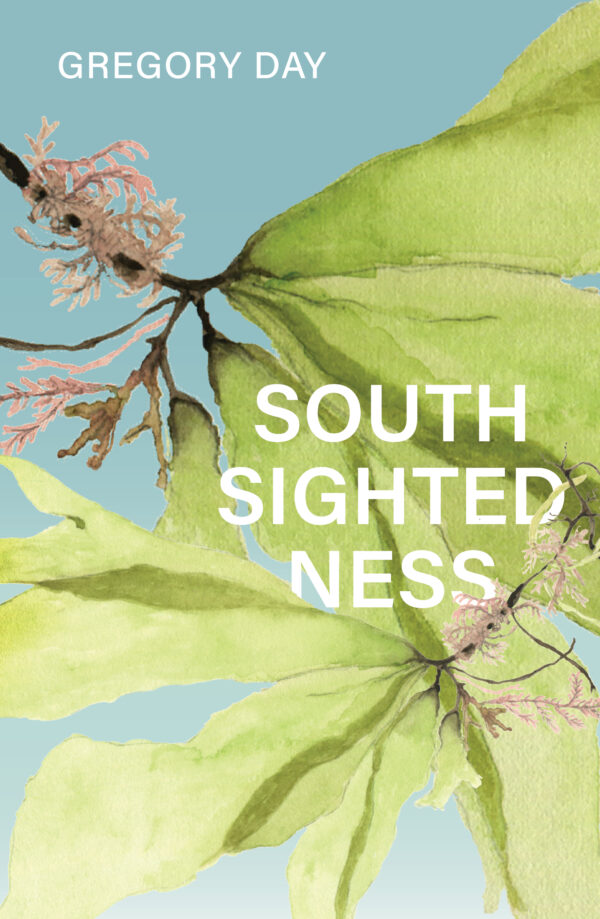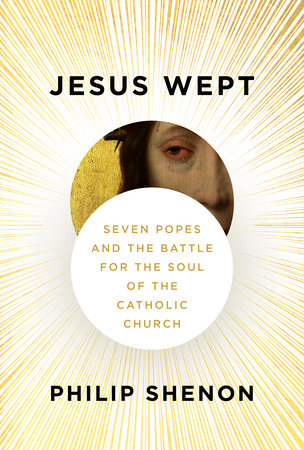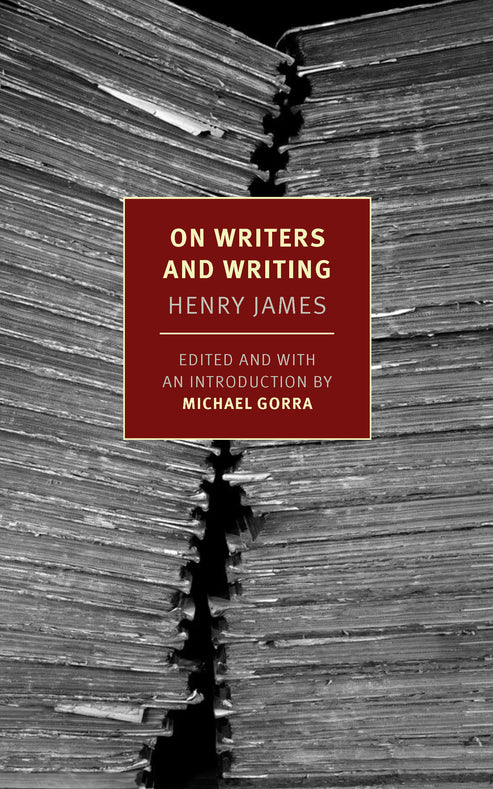News from the Editor's Desk
Peter Porter Poetry Prize
Michael Farrell is the winner of the 2012 Peter Porter Poetry Prize, worth $4000. Our judges, Judith Beveridge and David McCooey, selected his poem, ‘Beautiful Mother’, from almost 800 entries. On learning of his success, Mr Farrell told Advances:
It’s exciting to have won the Peter Porter Poetry Prize, especially from such a large field. It’s an honour to be linked with Peter Porter, whom I was lucky enough to meet on several charming occasions. The poem itself betrays several hauntings: not least a scene from television that’s stayed with me since I was probably four or five, of Kimba the white lion swimming back to the jungle, a vision of his mother in the sky encouraging him.
Michael Farrell is the author of several poetry collections, most recently a raiders guide (2008). He also edited Out of the Box: Contemporary Australian Gay and Lesbian Poets (2009). Giramondo will publish his new collection, open sesame, in July.
Shortlisted poets Anne Elvey, Toby Fitch, Gareth Robinson, and Annamaria Weldon each receive $250. The five shortlisted poems were published in the March 2012 issue, which is still available.
Last month, Advances remarked on the layout challenge posed by Toby Fitch’s typographical poem ‘Oscillations’. ‘Beautiful Mother’ posed its own in Mr Farrell’s attribution of the quote ‘He kicks like a bastard’ to the Virgin Mary, printed in Hebrew. There were no such stylistic difficulties in Peter Porter’s posthumously published poem ‘Hermit Crab’, which appeared in the Times Literary Supplement (10 February). This is one of the last poems that Peter Porter wrote before his death in April 2010. ABR renamed its poetry prize in his honour later that year.
New ABR Patrons’ Fellowship
Now that the Asian-themed ABR Copyright Agency Fellowship has closed, we are pleased to announce the next ABR Patrons’ Fellowship. The new Fellowship (our fifth) is themed, too. This time we are looking for an article of 8000 to 10,000 words on film, television, or the broader media.
The Fellowships, all of which are worth $5000, are only possible because of the generosity of our many Patrons.
Applicants must be published writers and should be au fait with ABR – its style, its tenor, its mission. Full details of the ABR Patrons’ Fellowship are now available on the website. Applicants are encouraged to discuss their projects with the Editor before finalising their proposals.
From the Editor’s Desk
Keep an eye on this new feature on our website. Two or three times a week, one of us blogs about an issue of some moment, or merely something that takes our fancy (respite from the proofs). In recent weeks Milly Main has written about her first week as the ABR Ian Potter Foundation Editorial Intern, and the Editor has posted a few times. In one of them he welcomes the many needed changes effected at the recent Adelaide Writers’ Week. He also reviewed the touring production of The Caretaker, with Jonathan Pryce.
There will be more from all of us in April, so check out the website – a good way of staying in touch with ABR between issues.
Patrick White in Adelaide
A clear highlight of Writers’ Week was the session with his biographer, David Marr – twenty years after he captivated another Writers’ Week audience some months after the publication of his celebrated biography (1991). This time Marr concentrated on the novelist–playwright’s extensive and famously mixed relations with Adelaide – especially the busy burghers who ensured that The Ham Funeral was not included in the Adelaide Festival fifty years ago. Good taste prevailed elsewhere, of course. The Ham Funeral, notorious foetus and all, was performed at the Adelaide University Theatre Guild, followed by The Season at Sarsaparilla in 1962. Years later Jim Sharman lured Patrick White back to Adelaide. White put aside a novel (never to be finished) and wrote Signal Driver for the 1982 Adelaide Festival. White haunted the rehearsals, but would slip away to the Adelaide Railway Station at lunchtime. One day Sharman found White on a bench. ‘I’m just an old man eating a pie ... leave me be,’ White told Sharman.
The unfinished novel in question was The Hanging Garden. White’s agent, Barbara Mobbs, preserved it and other unpublished, unsuspected manuscripts for posterity, and has now allowed Random House to publish it. Peter Conrad reviews this absorbing late offering in this issue.
We are delighted to be able to publish David Marr’s superb paper in the May issue, which coincides with the centenary of White’s birth (28 May 1912).
Id and Them
Subscribe or renew your subscription promptly this month for a chance to win one of two quality giveaways. Thanks to Black Inc., the first ten new subscribers will receive a signed copy of Anna Krien’s Us and Them: On the Importance of Animals(Quarterly Essay 45). Reviewer Alex O’Brien describes the essay in this issue as an ‘incisive narrative account’ of humanity’s relationship with animals.
Thanks to Paramount Pictures, twenty-five renewing subscribers will receive a double pass to Canadian auteur David Cronenberg’s new film A Dangerous Method – adapted from the 1993 book by John Kerr – which examines the relationships between Sigmund Freud, Carl Jung, and one of the first female psychoanalysts, Sabina Spielrein.
Each month our friends at Oxford University Press offer a free copy of The Australian Oxford Dictionary (RRP $115) to a new subscriber who is mad about words, words, words. More details appear at the foot of this month’s (rather terrifying) column by Sarah Ogilvie, Director of the Australian National Dictionary Centre (see here). OUP publishes the ANDC’s dictionaries, including AOD. They love their acronyms at OUP! Call us now to subscribe and claim your prize: (03) 9429 6700.
Melbourne Prize
The 2012 Melbourne Prize for Literature – a three-yearly Prize for an outstanding body of work by a Victorian writer – is augmented by two further categories: the Best Writing Award ($30,000 for a single work by a writer under forty); and the Civic Choice Award ($5000 awarded by public vote). All three prizes will be announced in November 2012.










Leave a comment
If you are an ABR subscriber, you will need to sign in to post a comment.
If you have forgotten your sign in details, or if you receive an error message when trying to submit your comment, please email your comment (and the name of the article to which it relates) to ABR Comments. We will review your comment and, subject to approval, we will post it under your name.
Please note that all comments must be approved by ABR and comply with our Terms & Conditions.